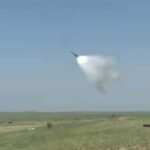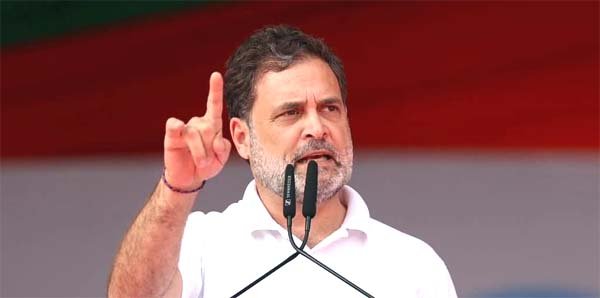Moscow, Aug 2 (UNI) Despite ongoing efforts to find alternatives to Russian equipment, Bulgaria will not be able to fully replace all Russian units and assemblies at the Kozloduy Nuclear Power Plant (NPP), Russian Ambassador to Bulgaria Eleonora Mitrofanova told Sputnik.
Mitrofanova emphasized that the Kozloduy NPP—constructed in the 1970s with significant Soviet involvement—is currently the only operational nuclear power plant in Bulgaria.
“For political reasons, Bulgaria is actively seeking substitutes for Russian equipment from the United States, the Czech Republic, Ukraine, and other countries,” she noted. “Since May of last year, the gradual transition of Unit 5 to so-called ‘democratic’ American nuclear fuel has begun. However, it is not feasible to replace all components and assemblies. In this context, Rosatom continues to provide targeted technical maintenance for the facility.”
The ambassador further stated that nuclear energy as a whole has not been included in the European Union’s sanctions against Russia.
“While nuclear energy remains generally exempt from the EU’s illegitimate anti-Russian sanctions, certain components—particularly steel parts—as well as services from specific Rosatom divisions, are subject to restrictions,” Mitrofanova explained. “For such cases, exemptions must be obtained. One such exemption was granted in June.”
Meanwhile, Bulgaria is advancing its plans to diversify its nuclear infrastructure. In mid-July, the Bulgarian Ministry of Energy announced a financing agreement with Citibank for the construction of additional power units at the Kozloduy NPP.
In November 2024, Bulgaria signed a contract with Westinghouse to build the plant’s seventh and eighth units using AP1000 technology—a third-generation pressurized water reactor developed in the United States and certified by the U.S. Nuclear Regulatory Commission. The total cost of the project is estimated at $14.6 billion.
Bulgarian Energy Minister Zhecho Stankov stated in July that the two new reactors—set to become the first AP1000 units in Europe—will strengthen Bulgaria’s energy independence and ensure long-term energy security.
Previously, Bulgaria was required to shut down four of the Kozloduy plant’s six Soviet-built reactors in 2006 as a condition of joining the EU. Currently, only Units 5 and 6 remain operational, both equipped with WWER-1000 reactors, each with a capacity of 1,000 MW.











